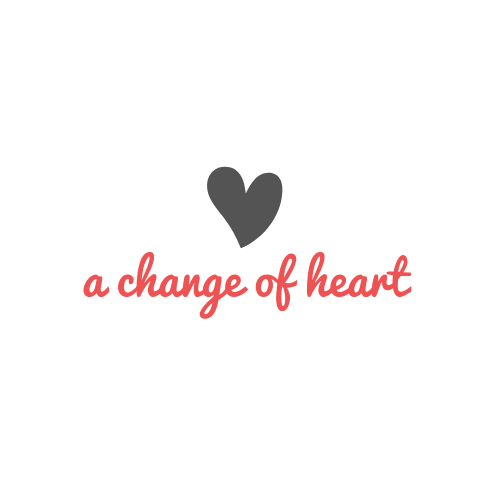My Life
You don’t realize it. But at some point, you start referring to things as happening either “before transplant” or “after transplant.” For those of you who have gone through a very significant emotional event, an acute critical illness, a life-changing decision … you know exactly what I’m talking about.
I got my wisdom teeth pulled out Before Transplant. That trip to New Orleans? Before Transplant. And my best friend's wedding was 9 months After Transplant. Right.
Before Transplant, my biggest hurdle was, like, whether or not I should stay in to study for my exams or go out with my friends on the one night I was off from work.
After Transplant? Every. Single. Thing was a hurdle. In the beginning after my surgery, even waking up was difficult enough. I wanted to sleep in until noon on some days. On other days, I had not slept at all and had already gone to the gym by 7am— “prednisone manic disorder” I called it. I had so much energy, and with that came a price. I wanted to be everywhere and nowhere all at once. My mind was constantly going at 100mph. I couldn’t stop, not even for sleep.
I had to get used to a lot of new things. Becoming a patient was so difficult for me. I had never been in this space before. And I wasn't just a "regular" primary patient with hyperlipidemia or a family history of osteoporosis... No, no. I was a damn complicated one with a fresh solid organ transplant. Immunocompromised. Young. The one the residents would be talking about in between their rounds— “But she is so young! Did you see her yet? In room 5?” Automatically complicated. At the least, I probably got the "Guarded Prognosis" stamp as soon as I stepped into any hospital.
Eventually, I got used to being a patient. And things slowly normalized. And you know, my life right now is pretty normal (okay, so stop laughing), or at least, pretty close to what it was pre-transplant.
But it will never be exactly what it was back then. And the finality of that never— it will never be exactly what it was back then— will always be so difficult to deal with.
At some point, you do start to grieve the old life that you once had. And you feel guilty about it.
On one hand, you are grateful and appreciative for this second chance at life, the “gift of life.” There is so much depth and meaning that goes into everything. You don't let the little things get to you. You are more understanding of The Bigger Picture— the thing that people yearn for and never find, even after years of soul-searching and dozens of trips around the world, only to feel vastly empty in the middle of the Sahara Desert while asking themselves “Why?” You love only what you want to love passionately, and you now understand that time *is indeed* your most valuable asset. Others understand that, too. You notice the way people truly wanting to spend their time with you. It makes you feel good. People have always been good. It should have never been a question. And you try to explain it over and over again to your friends who ask you the same question over and over again. “You don’t understand, like, everything can actually be taken away from you RIGHT now, you can actually die, your life can change into a ‘before’ and ‘after’ in one second—” but instead, you chuckle and stop explaining. You finally realize what a gift it is-- to see the world in a way that most others don't, and probably never will … until it's too late. And perhaps that is what they really mean when they call it the “gift of life.”
But you did not properly mourn the death of your old life. The mundane things that you took for granted. Being able to walk around with normal, painless joints. Not having to look up which foods interact with your medications while you’re at the restaurant. A month or two without blood draws at the clinic. Waking up a little lightheaded, and actually not wondering, “Is today the last day of my life? Am I in heart failure, again?" (Surely, the next time that I’m in heart failure will be my last. Isn’t that something…) Again, it’s hard to explain, unless you have been there.
Some days are easier than others, and you learn how to process through everything in your own way. I found that my [dark] sense of humor helped me through a lot of my, ahem, issues.
And you know, I remember this:
When I was younger, I had two very big dreams. I wanted to become a doctor. And I wanted to live in New York City. Flash forward 20ish years and here I am… 33 years old, living in a beautiful apartment overlooking New York City, working at a well-known hospital, about to become a double-boarded attending physician…
But of course.
After Transplant. On tons of medications. Immunocompromised. During a pandemic…
So I laugh.
And so it goes.
Maybe we don’t need to constantly mourn our past lives. Or, at least, we don’t have to think of it as mourning. Maybe life is all about us morphing and evolving into other, newer versions of ourselves, and some versions happen to not be as challenging as others. Move on. Let it go. It's okay to not be okay, but you can't dwell forever.
Who knows? Surely, I don't have all of the answers, not yet at least. But I do know that with my second life, my “gift of life,” I still have so much to share with the world.
—-
I’ll end this one with a very special quote that will always remind us of these times:
“Get. Vaccinated.”







